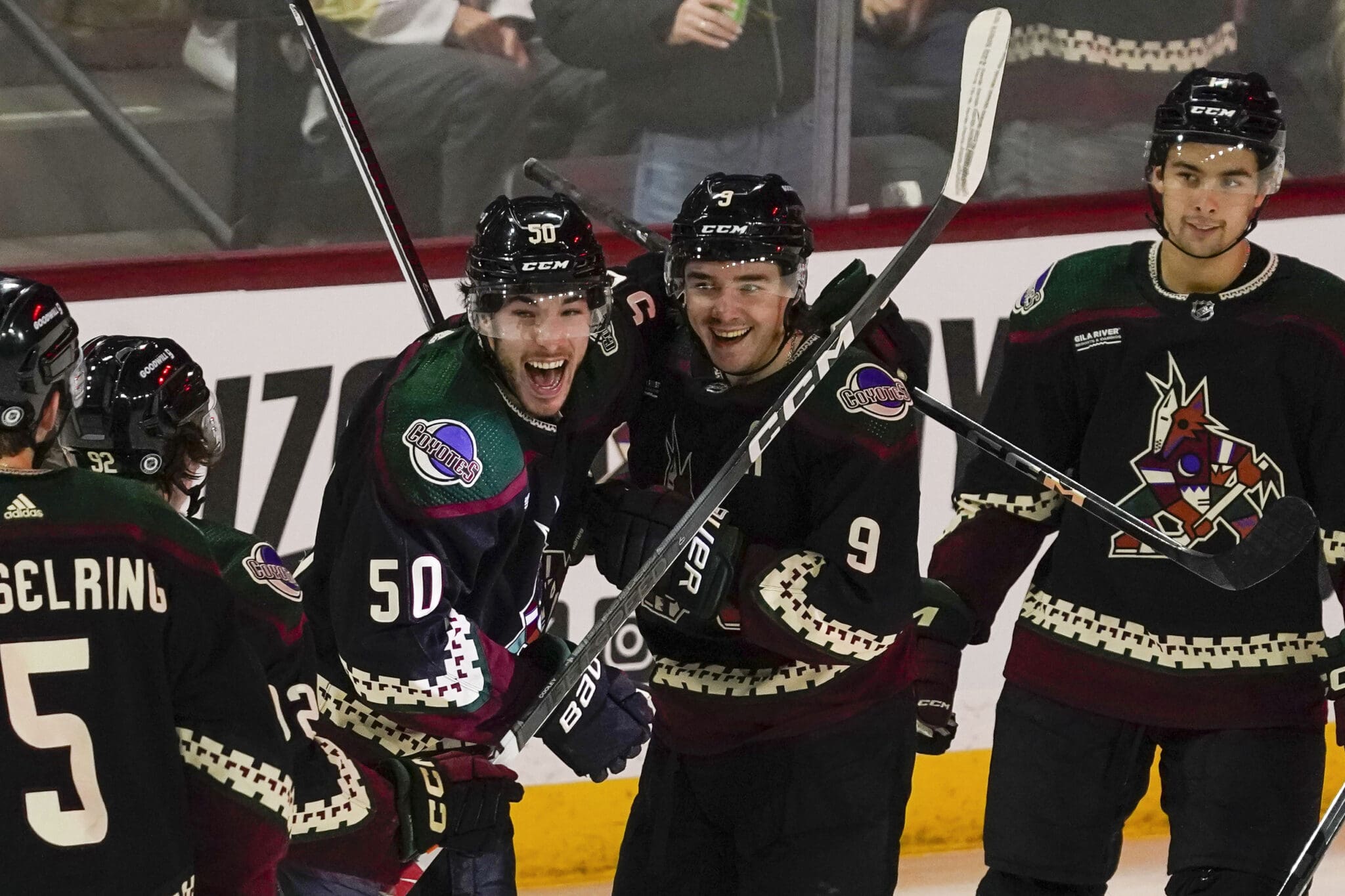Penguins
Molinari: Should Dubas Try to Patch Penguins, Or Blow it All Up?

Kyle Dubas said last month that he expected to know by the NHL all-star break how to proceed with the Pittsburgh Penguins’ personnel this season.
No need for him to wait that long.
Oh, the Penguins still have a pair of home games — Friday against Florida, versus Montreal one night later — before the break, but it’s become all too obvious that Dubas, the Penguins’ president of hockey operations and general manager, is facing a Sophie’s choice of unappealing options.
He can:
*** Continue to invest money — not that he has much salary-cap space with which to work — and assets in an effort to upgrade the roster. That these Penguins have grossly underachieved, going 21-17-6 through their first 44 games, defies dispute; that Dubas, given the financial constraints under which he is operating, can quickly transform this group into one that performs to its perceived potential pretty much defies logic.
OR
*** Resist the temptation to put most of the lineup that participated in (well, dressed for) the Penguins’ soul-searing 5-2 loss at Arizona Monday night on waivers today, which might be one of the toughest challenges he’ll face during his first year overseeing the on-ice product, but still acknowledge the obvious — this is not a team that can be turned into a serious Stanley Cup contender — and begin trading players for assets and salary-cap space that could expedite a rebuild.
That, of course, would not be easy, because Sidney Crosby (who’s not going anywhere, under any circumstances), Evgeni Malkin, Bryan Rust, Jeff Carter, Erik Karlsson and Kris Letang have full no-movement clauses, which means they could veto any deal, while Tristan Jarry, Jake Guentzel, Rickard Rakell, Reilly Smith, Noel Acciari, Ryan Graves and Marcus Pettersson have modified no-trade clauses. That allows those players to quash a trade that would send them to a club on a list that would have been submitted to management.
And then there is the short-term fallout that anything resembling a major makeover would cause. Locker-room morale would plunge — remember, these guys professed to believe they could make a legitimate run at a Stanley Cup, so even a tacit acknowledgement by management that the season is a lost cause would be a harsh blow to their collective psyche — and ticket sales probably would do likewise.
Mind you, mathematical elimination from playoff contention isn’t guaranteed, let alone imminent; the Penguins are just five points out of the final Eastern Conference wild-card spot, and have played fewer games than all but one of the teams they’re chasing.
They have enough quality personnel — beginning with Crosby, an all-time talent who’s putting together a remarkable season — to string together some victories. The Penguins showed the level they’re capable of reaching as recently as a 3-0 victory against Seattle last Monday and the first two periods of their 3-2 come-from-ahead defeat in Las Vegas Saturday.
Whether this group has the intangibles that will be needed to escape the deep hole it has dug for itself is a separate issue.
Even the most accomplished team — not that these Pittsburgh Penguins are one of those — is going to have some games, periods and shifts when things simply don’t get well.
Sometimes, it’s just tough luck. On other occasions, the damage is largely self-inflicted, as was the case in the final 20 minutes against the Golden Knights.
OK. Stuff happens. (Admittedly, it seems to happen to the Penguins far more often than it should.)
The expected response to that kind of adversity, especially from a veteran team with lofty aspirations, would be to avenge itself at the earliest opportunity, to purge those sour memories as quickly as possible.
For the Pittsburgh Penguins, that meant taking out their frustrations on Arizona, a team they had beaten 11 consecutive times, Monday night.
Nice theory, anyway.
Doesn’t work when your game is utterly devoid of urgency, though, and that of the Penguins certainly was for most of the evening.
Their own-goal in the third period that sealed Arizona’s 5-2 victory embodied that perfectly. (Aftermath pictured above.)
With a delayed penalty coming against the Coyotes and Jarry replaced by an extra attacker, Letang carried the puck over the Penguins’ blue line, then looped back into his own end before sliding a drop pass to Malkin, who was near the net.
Was a drop pass relatively near an empty net ill-considered? Yeah, maybe, although it’s been apparent for years that the Penguins consider the drop pass to be a perfectly acceptable play in almost any situation.
With Letang’s pass headed well wide of the left post, the worst-case scenario for the Penguins should have been that a Coyote would be able to get to the puck, which would lead to an immediate stoppage because of the delayed penalty.
Instead, Malkin tried to control the puck with one hand on his stick, a nonchalant move that steered it into the net.
The Penguins were, at the time, trailing, 3-2, in the third period of a game on the road they should have been desperate to win.
The situation demanded unrelenting urgency and focus and commitment. What one of the Pittsburgh Penguins’ core veterans and team leaders responded with was a lot closer to a shrug.
Wanting to win and hating to lose are not synonymous.
Dubas has to decide, among other things, whether he’s constructed a roster that understands the difference. And how to proceed if he determines that he hasn’t.












